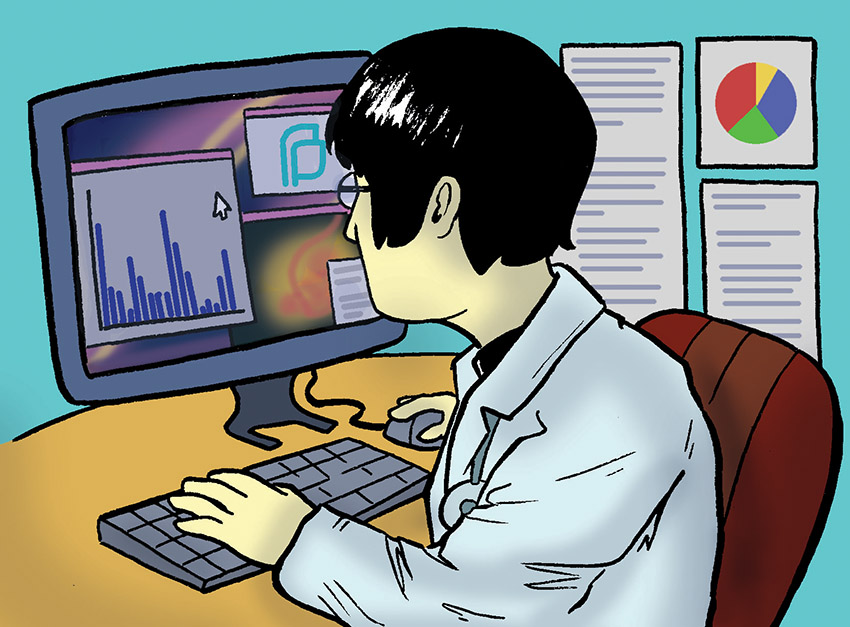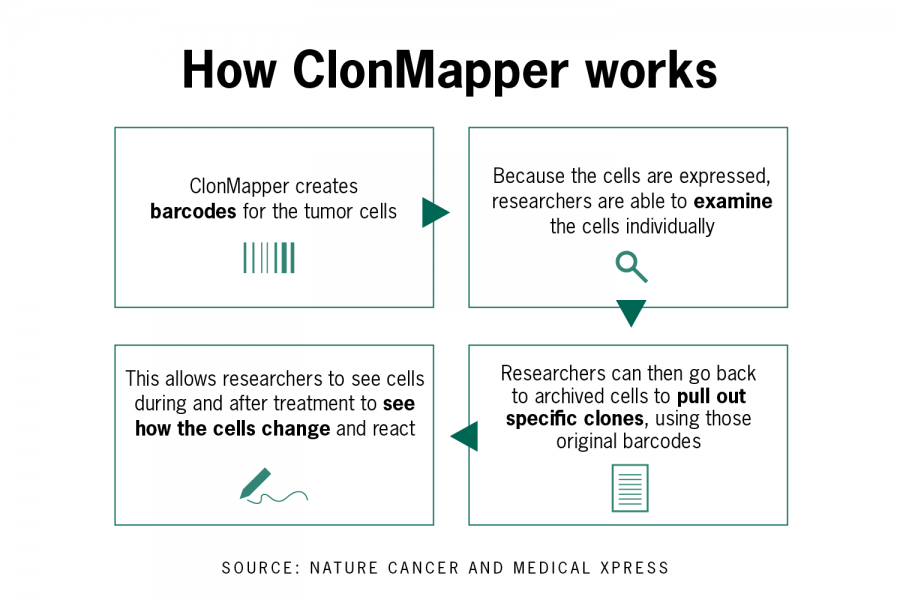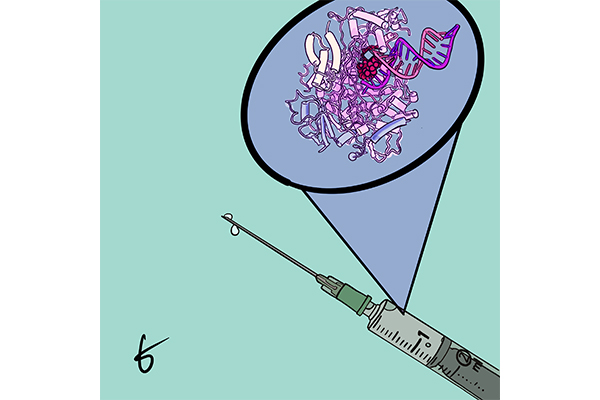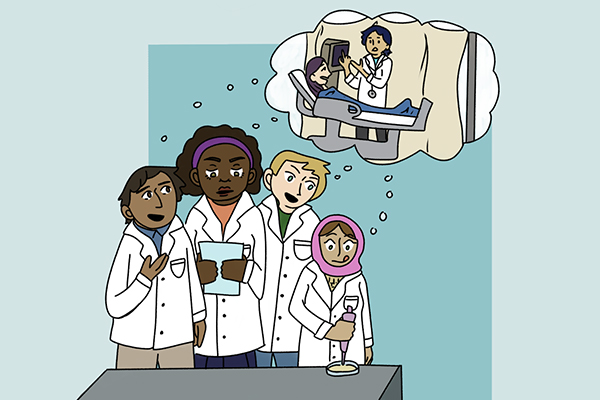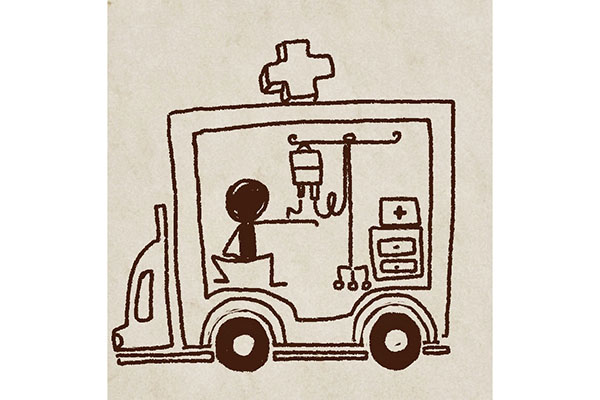Abortion remains one of the most controversial and divisive areas of policy around the world. In the United States, abortion is legal but a highly partisan and often moral issue, while elsewhere such as in Ireland, the practice of abortion is entirely outlawed.
However, Abigail Aiken, UT assistant professor of public affairs, wants to use data to inform abortion policy.
Despite abortion being illegal in parts of the world, studies show that this does not have an effect on the rate of abortions. A study published in the medical journal The Lancet in 2016 indicates the opposite. In countries where abortion is mostly legal, 34 of 1,000 women went through with the procedure. For women in countries where abortion is illegal in most cases, the rate was 37 out of 1,000 women.
Aiken is interested in the methods through which women seek an abortion when it is not legally available to them. Originally from Northern Ireland, Aiken said that she grew up observing the impacts of restrictive abortion laws in her community. While abortion is highly stigmatized in Northern Ireland, so is teen pregnancy, she said.
Aiken originally used her background in medicine to examine the topic of abortion from a clinical perspective.
“(In clinical studies) the kind of data that can be used to inform policy debate centers around the safety and effectiveness of the procedure itself,” Aiken said.
Now, she studies the topic from a social science perspective by looking at the experience of women who have abortions, particularly their experiences in accessing the health care system and their physical and emotional experiences.
In Ireland, Aiken’s research focused on abortion outside of formal health care settings. This is through a health care system known as online telemedicine, where patients seek safe, effective abortion medication through online consultation. According to Aiken, this process involves patients filling out a consultation form that is screened by doctors.
If the doctor approves, a partner organization dispatches World Health Organization-approved doses of medication to the patient via mail. The service then provides the patients with instructions and support throughout the abortion.
Aiken’s work has particularly focused on the Women on Web online telemedicine service. She uses data on women in the Republic of Ireland and Northern Ireland who used the service to measure the effectiveness and safety of the service. The data is self-reported.
“Effectiveness in the procedure is on par with effectiveness in the clinical setting,” Aiken said. “We’re using the same medication in the same doses. … What we can say is people are really capable of using these medications at home with the right encouragement and support.”
Still, rates of complications were slightly higher in Women on Web patients than in clinical settings, according to Aiken. She believes this may be because women using the service live in countries where abortion is restricted and are visiting doctors who are not equipped to assess post-abortion issues.
Aiken’s research on abortion policy recently led her to testify in front of an Irish parliamentary committee, which is considering holding a referendum vote on legalizing abortion.
“It’s amazing to be able to bring your data to people who have the power to affect change and say ‘here is some evidence to inform the changes you’re going to make,’” she said.
Through her testimony, Aiken was able to tell Irish politicians about the Women on Web service, which she said is used by more than 2,000 women in Ireland annually. She was also able to share the reasons why women in Ireland feel they need abortions and their experiences in seeking an abortion in a restrictive country.
According to Aiken, one of the most enlightening moments of her testimony was when she shared the demographics of women seeking abortions.
“This is an issue that affects women of all age groups, all socioeconomic backgrounds,” Aiken said. “A majority of the women are already moms.”
Since abortions are legal in the United States, services like Women on Web are not used. Still, women are often discriminated against when seeking abortions, Aiken said. Some must also go through complex measures to receive an abortion due to state laws. Aiken is now looking at what alternatives women in the U.S. seek when they have difficulty obtaining abortions.
In terms of relating her work to people with a moral objection to abortion, Aiken stresses the importance of both having a neutral interpretation of data and appealing to mutual concerns.
“I think a lot of people on both sides of the issue are invested in reducing the need for abortion,” Aiken said. “There are ways to find common ground.”

